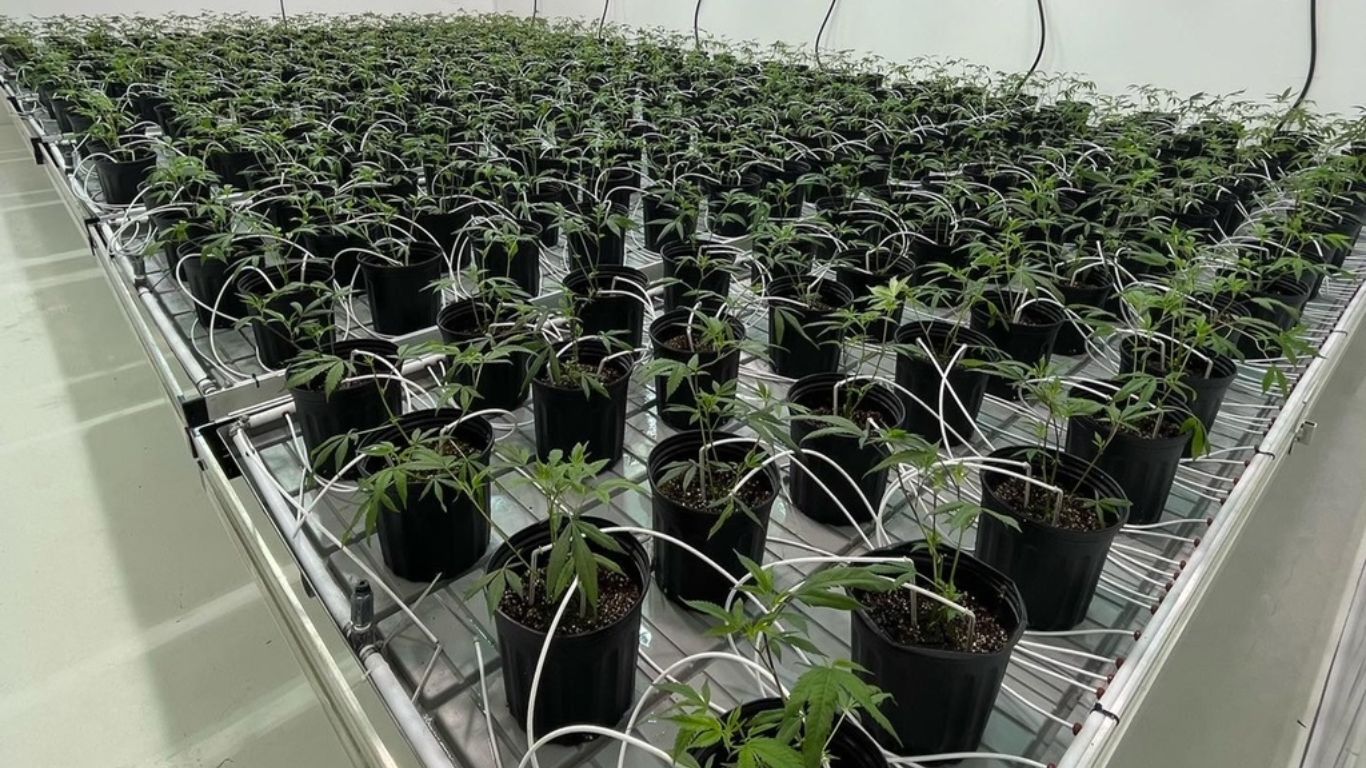
The preliminary results of New Zealand’s referendum on cannabis legalization today show the no vote at 53.1% and the yes vote at 46.1%.
Official results will be released on November 6, and will include the votes from an additional 480,000 “special votes” largely due to absentee and mail-in ballots. More than 60% of those votes would have to be “yes” votes to potentially see the referendum pass.
Public polling leading into the vote showed relatively low support for the referendum, with only about 35% supporting it, and 53% opposed.
The referendum itself, if it were to pass, does not make cannabis legal, but provides a pathway for the government to introduce a bill to parliament. New Zealand’s Labour Party won a majority in the October 17 election.
The proposed Cannabis Legalisation and Control Bill would still need to be tabled and then debated in parliament before having the chance to be made into law. This would be a similar process as Canada’s own Cannabis Act which was tabled in early 2017 and did not come into force until October 2018.
The proposed legislation itself is quite strict, with an emphasis on public health and safety with a stated goal of seeking to reduce cannabis use in the country over time, and considers commercial production limits to prevent oversupply. It also proposes strict limits on marketing and promotion of cannabis products.
It allows for up to two home grown plants per person, and up to 14 grams in public for persons 20 years and older. It will not allow mail order, but does propose to allow consumption lounges. One think tank has proposed smaller “micro” cannabis licences as well, with a focus on Maori ownership.
The campaign against the referendum was controversial, relying on concerns over youth use, but supporters included medical professionals.
Newly-re-elected Prime Minister Jacinda Ardern has said in the past that even if the referendum fails, here government may look at some of the issues around legalization, such as removing criminal penalties.
“Regardless of the outcome of the vote, we will look at the way the Misuse of Drugs Act amendments are being applied, ensuring we’ve got the addiction and treatment facilities we need, and making sure those referrals are happening in the cases where they should,” Ardern said.











